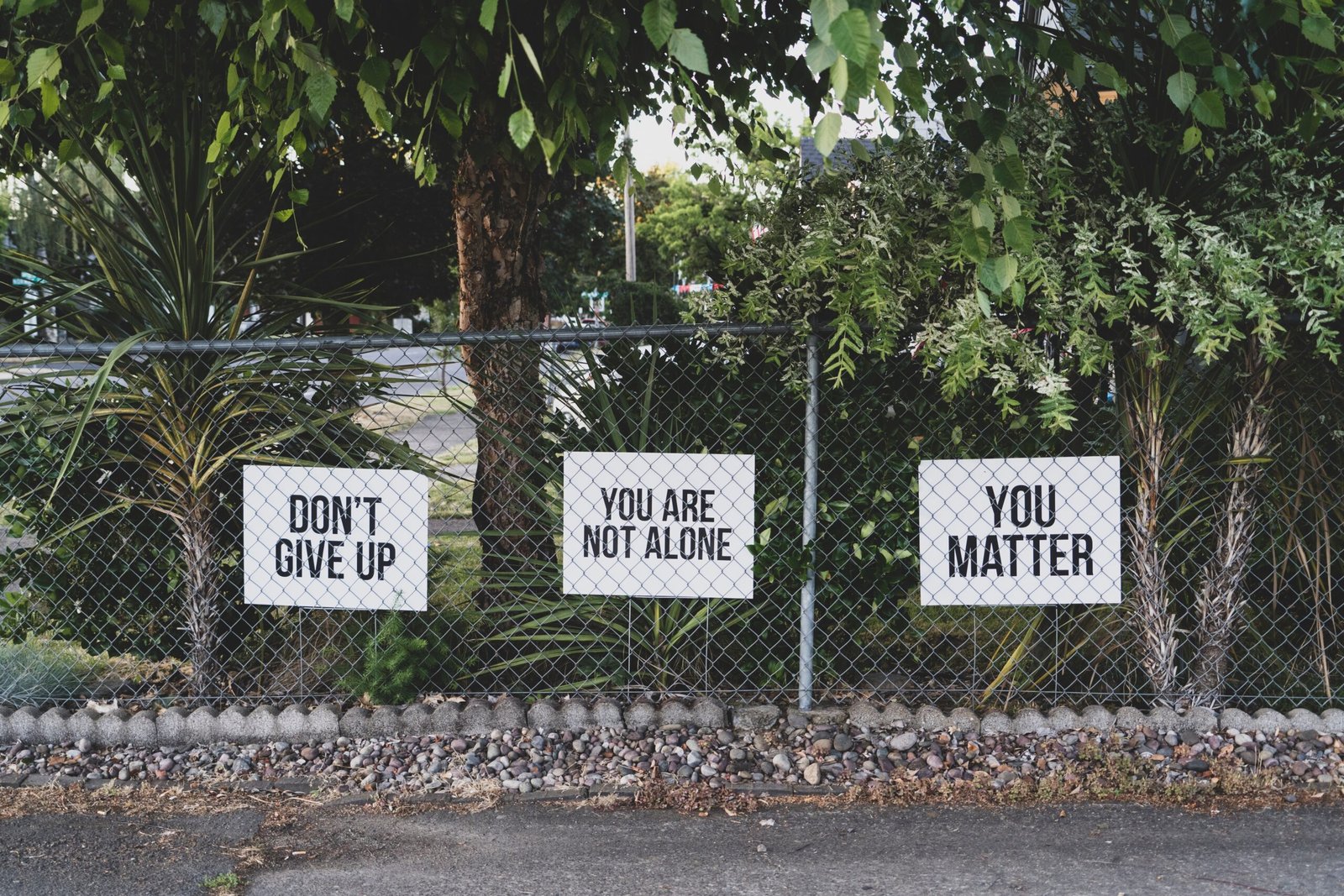
Steps to Overcoming Teenage Anger: Understanding the Causes, Effects, and Therapies
Introduction
Teenage anger is a common and natural emotion that arises during adolescence. However, when left unaddressed, it can have detrimental effects on both the individual and their relationships. In this article, we will explore the possible causes of teenage anger, its effects, and provide practical steps to help teenagers overcome their anger. Additionally, we will delve into various therapies that can be effective in managing and reducing anger in teenagers.
Possible Causes for Teenage Anger
Understanding the underlying causes of teenage anger is crucial in helping teenagers navigate through this challenging phase. Some possible causes of teenage anger include:
- Hormonal changes: Adolescence is a time of significant hormonal fluctuations, which can contribute to mood swings and heightened emotions.
- Stress and pressure: Academic demands, peer pressure, and expectations from family and society can all contribute to feelings of anger and frustration.
- Family issues: Conflict within the family, strained relationships, or unstable home environments can trigger anger in teenagers.
- Unresolved trauma or past experiences: Previous traumatic events or unresolved emotional issues can manifest as anger in teenagers.
The Effects of Teenage Anger
When anger is not effectively managed, it can have detrimental effects on various aspects of a teenager’s life, including:
- Physical health: Chronic anger can lead to increased stress levels, weakened immune system, and other physical health problems.
- Mental health: Unresolved anger can contribute to the development or exacerbation of mental health conditions such as depression, anxiety, and aggression.
- Social relationships: Frequent outbursts of anger can strain relationships with friends, family members, and peers, leading to isolation and feelings of loneliness.
- Academic performance: Anger can impair concentration, focus, and motivation, negatively impacting a teenager’s academic performance.
How to Help Teenagers When They are in Anger
Supporting teenagers in managing their anger requires patience, empathy, and effective communication. Here are some strategies to help teenagers when they are experiencing anger:
- Encourage open communication: Create a safe and non-judgmental space for teenagers to express their emotions and concerns.
- Teach anger management techniques: Help teenagers develop healthy coping mechanisms such as deep breathing exercises, journaling, or engaging in physical activities.
- Model healthy behavior: Set a positive example by managing your own anger in a constructive manner.
- Validate their feelings: Acknowledge and validate the teenager’s emotions, letting them know that their feelings are valid and understood.
- Seek professional help if necessary: If anger issues persist or significantly impact a teenager’s daily life, it may be beneficial to seek the guidance of a mental health professional.
Therapies for Teenage Anger
Various therapeutic approaches can be effective in helping teenagers manage and reduce their anger:
- Cognitive Behavioral Therapy (CBT): CBT helps teenagers identify and challenge negative thought patterns and develop healthier ways of coping with anger.
- Expressive therapies: Art therapy, music therapy, or dance therapy can provide teenagers with alternative outlets to express and process their anger.
- Mindfulness and relaxation techniques: Practices such as meditation, yoga, and deep breathing exercises can help teenagers cultivate self-awareness and regulate their emotions.
- Family therapy: Involving the entire family in therapy can address underlying family dynamics and promote healthier communication and conflict resolution strategies.
- Support groups: Connecting with peers who are experiencing similar challenges can provide teenagers with a sense of belonging and support.
Conclusion
Teenage anger is a complex emotion that requires understanding, patience, and effective strategies for management. By identifying the possible causes, recognizing the effects, and implementing appropriate therapies, we can support teenagers in overcoming their anger and fostering healthier emotional well-being. Remember, seeking professional help when necessary is always a valuable option in ensuring the best possible outcomes for teenagers dealing with anger-related issues.
Learn More
The Importance of Mental Health in Children
Introduction
Mental health is a crucial aspect of overall well-being, and this holds true for individuals of all ages. However, it is especially important to pay attention to the mental health of children. Childhood is a critical period for cognitive, emotional, and social development, and any issues related to mental health can have a lasting impact on their future.
The Prevalence of Mental Health Issues Among Children
In recent years, there has been a growing recognition of mental health issues among children. According to the World Health Organization (WHO), approximately 10-20% of children and adolescents worldwide experience mental health disorders. These disorders can manifest in various forms, including anxiety, depression, attention-deficit/hyperactivity disorder (ADHD), and behavioral problems.
It is important to note that mental health issues in children are not solely a result of genetic factors. Environmental factors, such as family dynamics, school environment, and exposure to trauma or stress, can also significantly contribute to the development of mental health disorders.
The Impact of Mental Health on Children
Poor mental health can have a profound impact on a child’s life and overall well-being. It can affect their cognitive abilities, emotional regulation, social interactions, and academic performance. Children with mental health issues may struggle with concentration, problem-solving, and decision-making, leading to difficulties in school and other areas of life.
Moreover, untreated mental health problems in childhood can persist into adulthood and increase the risk of developing more severe mental health disorders later in life. Early intervention and support are crucial to prevent long-term negative consequences.
Signs and Symptoms of Mental Health Issues in Children
Recognizing the signs and symptoms of mental health issues in children is essential for early detection and intervention. Some common indicators include:
- Changes in behavior, such as irritability, aggression, or withdrawal
- Difficulty sleeping or experiencing nightmares
- Changes in appetite or weight
- Loss of interest in previously enjoyed activities
- Difficulty concentrating or declining academic performance
- Frequent physical complaints, such as headaches or stomachaches
If you notice any of these signs persisting for an extended period, it is crucial to seek professional help from a mental health provider who specializes in working with children.
Promoting Positive Mental Health in Children
There are several strategies that parents, caregivers, and educators can implement to promote positive mental health in children:
- Encourage open communication and create a safe space for children to express their feelings and concerns.
- Teach and model healthy coping strategies, such as deep breathing exercises, mindfulness, and engaging in physical activity.
- Establish consistent routines and provide a structured environment, as this can help children feel secure and reduce anxiety.
- Promote healthy lifestyle habits, including regular exercise, nutritious meals, and adequate sleep.
- Teach problem-solving and resilience skills to help children navigate challenges and setbacks.
- Encourage social connections and foster positive relationships with peers and family members.
The Role of Schools and Communities
Schools and communities play a vital role in supporting children’s mental health. It is essential for schools to have comprehensive mental health programs in place, including access to school counselors or psychologists. Educators should also receive training on recognizing and addressing mental health issues in the classroom.
Communities can contribute by reducing the stigma surrounding mental health and providing resources and support for families. Collaboration between schools, healthcare providers, and community organizations can help create a holistic support system for children.
Conclusion
Investing in the mental health of children is crucial for their overall well-being and future success. By recognizing the signs, promoting positive mental health, and providing early intervention, we can help children develop the resilience and coping skills necessary to navigate life’s challenges.
Remember, mental health matters, and every child deserves the opportunity to thrive.
Learn More
Suicide Prevention: Understanding and Taking Action
When it comes to suicide prevention, knowledge and action are key aspects. Suicide is a serious public health issue that affects individuals, families, and communities worldwide. It is important to understand the signs and risk factors associated with suicide, as well as the steps we can take to prevent it.
One of the most important things we can do is to be aware of the warning signs of suicide. These can include talking about wanting to die or feeling hopeless, withdrawing from friends and family, giving away belongings, or displaying sudden changes in mood or behavior. If you notice any of these signs in yourself or someone you know, it is crucial to take them seriously and seek help.
Preventing suicide requires a multi-faceted approach. It involves creating a supportive environment, promoting mental health and well-being, and providing access to effective treatment and support services. It is important to reach out to those who may be struggling and offer them a listening ear, empathy, and resources for help.
If you or someone you know is in crisis, it is important to seek immediate help. There are several helpline numbers and crisis intervention services available that can provide support and guidance. Remember, you are not alone, and there is help available.
- Take Water. Just try to recollect the beautiful moments in your life.
- Just bring the image of those who truly love you in your visualization. Think about them.
- Think about your good friends in large.
- Talk to your doctor or with anyone who is nearby. Share your feelings.
- Think about your Dreams and desires for a second.
- Listen to the videos given at the end of this write up.
- Please get in touch with anyone of these numbers which is nearer to you or helpful to you.
| LOCATION | ORGANISATION | NUMBER | HOURS OF OPERATION |
| ALL-INDIA | GOVT MH Rehabilitation HELPLINE ‘KIRAN’ | 1800-5990019 | 24/7 |
| ALL-INDIA | VANDREVALA FOUNDATION | 9999 666 555 | 24 by 7/ |
| E: help@vandrevalafoundation.com if you don’t get through and expect a call-back | |||
| BANGALORE | SAHAI | 080-25497777 | Monday – Saturday 10 AM to 5:30PM |
| CHENNAI | SNEHA | 044 2464 0050 | Daily: 8 AM to 10 PM |
| E: help@snehaindia.org | |||
| DELHI | SANJIVINI SOCIETY FOR MENTAL HEALTH | 01140769002, 01141092787 | Daily: 10 AM to 4 PM |
| 01124311918, 01124318883, 01143001456 | |||
| GANGTOK | SIKKIM HELPLINE NUMBER | 1800-3453225 | 24/7 |
| HYDERABAD | ONE LIFE | 78930 78930 | 24/7 |
| KOLKATA | |||
| LIFELINE FOUNDATION | +91 9088030303, 03340447437 | Daily 10 AM to 10 PM / Caters to pan-India calls | |
| E: contact@lifelinefoundation.in | |||
| Site: www.lifelinefoundation.in | |||
| MUMBAI | |||
| SAMARITANS | 84229 84528, 84229 84529, 84229 84530 | Daily 5 PM to 8 PM | |
| E: talk2samaritans@gmail.com |

